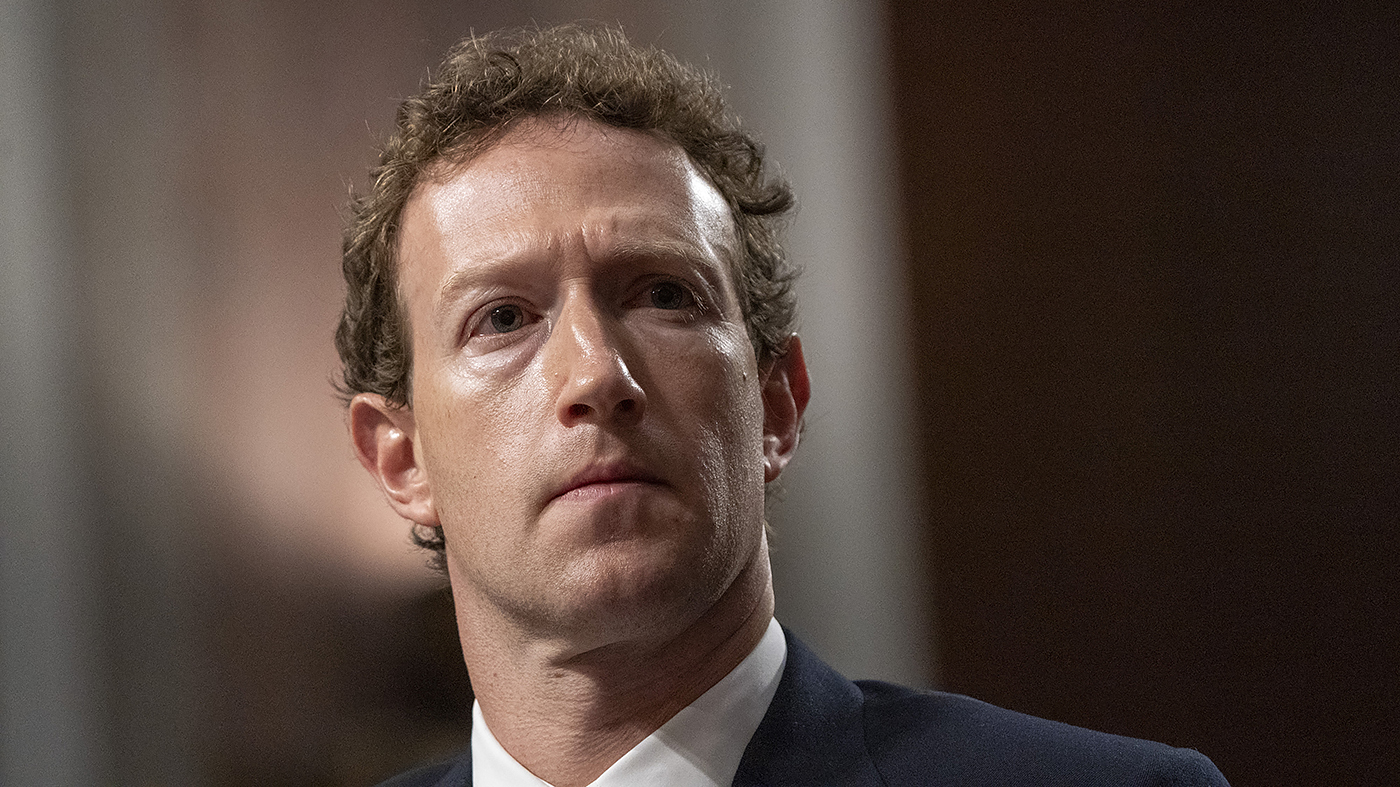Physical Address
60 Ekwema Cres, Layout 460281, Imo
Physical Address
60 Ekwema Cres, Layout 460281, Imo

Mark Zuckerberg, the Chairman and CEO of Meta, has publicly acknowledged that his company cooperated with the U.S. government to censor content on its platforms, including Facebook, Instagram, WhatsApp, and Threads.
This admission, made in a letter to the Congress Committee on the Judiciary, reveals the extent to which the Biden administration exerted pressure on Meta to suppress information, particularly related to the COVID-19 pandemic and politically sensitive topics.
In his letter, Zuckerberg detailed how senior officials from the Biden administration, including members of the White House, pressured Meta for months to censor specific COVID-19 content.
He stated, “In 2021, senior officials from the Biden Administration, including the White House, repeatedly pressured our teams for months to censor certain COVID-19 content, including humor and satire.”
Despite acknowledging the wrongness of these demands, Zuckerberg admitted that Meta ultimately complied with the government’s requests, asserting, “Ultimately, it was our decision whether or not to take content down, and we own our decisions.”
This revelation raises significant concerns about the balance between public health measures and freedom of expression, especially during a global crisis.
Critics argue that such censorship undermines trust in social media platforms and raises questions about the integrity of information shared with the public.
Zuckerberg’s letter also addressed the controversial suppression of the New York Post’s reporting on Hunter Biden’s laptop during the 2020 presidential election.
He disclosed that the FBI had pressured Meta to limit the spread of the story, labeling it as Russian disinformation.
“That fall, when we saw a New York Post story reporting on corruption allegations involving then-Democratic presidential nominee Joe Biden’s family, we sent that story to fact checkers for review and temporarily demoted it while waiting for a reply,” Zuckerberg explained.
In hindsight, Zuckerberg acknowledged that the claims of Russian disinformation were unfounded, stating, “It’s since been made clear that the reporting was not Russian disinformation, and in retrospect, we shouldn’t have demoted the story.”
This admission not only reflects the challenges social media platforms face in moderating content but also highlights the potential for government influence over media narratives during critical political moments.
Read Next: Meta Increases Ways for Content Creators in Nigeria and Ghana to Earn Money
The implications of Zuckerberg’s admissions extend beyond the United States.
Recently, Meta has faced allegations of suppressing content related to protests in Kenya, with users claiming their visibility on platforms was significantly reduced.
Former rugby player and content creator Dennis Ombachi expressed concern over suspiciously low engagement on his posts related to the protests.
This pattern of alleged censorship is not isolated; Meta has previously been accused of stifling speech in countries like Vietnam and has developed software to comply with content restrictions in China.
Moreover, Zuckerberg’s letter coincides with the arrest of Telegram founder Pavel Durov in France, further emphasizing the global scrutiny of social media platforms and their content moderation practices.
The timing raises questions about the broader implications of government influence on social media, especially in regions where freedom of speech is already under threat.
In light of these revelations, Zuckerberg stated that Meta is committed to changing its policies and processes to prevent similar incidents from occurring in the future.
However, he notably mentioned that the company would “no longer temporarily demote things in the U.S.,” leaving the door open for potential censorship practices in other countries.
Given that Facebook, Instagram, and WhatsApp rank among the top four most used social media apps globally, this lack of assurance raises concerns about the future of free expression on these platforms.
As Zuckerberg’s admissions continue to reverberate through political and social discourse, the challenge remains for Meta to navigate the fine line between complying with government requests and upholding the principles of free speech and transparency.
The ongoing debate over the role of social media in shaping public discourse and the influence of government on these platforms is likely to intensify in the coming months, particularly as the 2024 election approaches.
Was this information useful? Drop a nice comment below. You can also check out other useful contents by following us on X/Twitter @siliconafritech, Instagram @Siliconafricatech, or Facebook @SiliconAfrica.